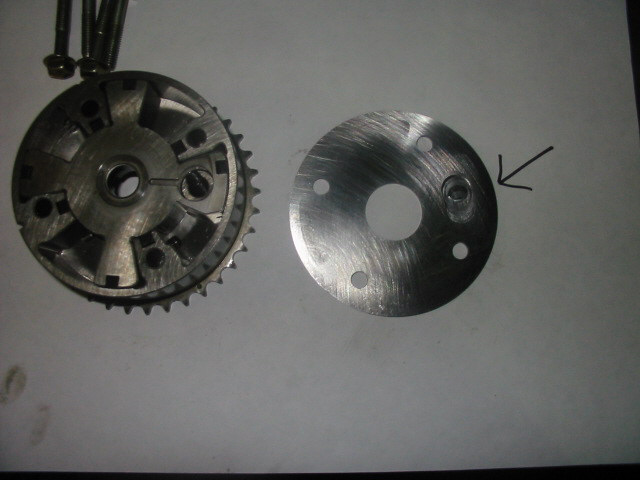I spend some time on corolla forums and recently people report VVT failures due to component wear in 1ZZ-FE engines with 100,000+ miles. Granted, not very common, but happens (picture below).
Also, I'm hearing that timing chains, which are fashionable again, can snap from wear at various intervals (not common in corolla though).
What would be the key element in oil preventing this wear: high level of AW additive (ZDDP), EP additive (if any oils have any), viscosity (high vs low), HTHS, friction modyfiers (moly), anything else?
Thanks!
From http://yotarepair.com/whatshot.html

Also, I'm hearing that timing chains, which are fashionable again, can snap from wear at various intervals (not common in corolla though).
What would be the key element in oil preventing this wear: high level of AW additive (ZDDP), EP additive (if any oils have any), viscosity (high vs low), HTHS, friction modyfiers (moly), anything else?
Thanks!
From http://yotarepair.com/whatshot.html

